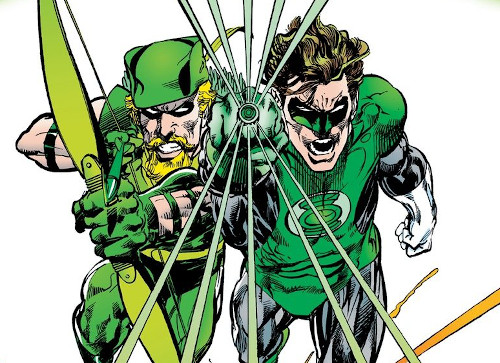
This week we take a look back at the career of Denny O’Neil, the longtime comics writer and editor who passed away June 11. Emmet discusses O’Neil’s legacy with Professor Jonathan W. Gray, author of such books as Civil Rights in the White Literary Imagination, and the founding editor of the Journal of Comics and Culture.
O’Neil was a force in the move to turn DC’s iconic but silly characters in a more serious direction — having substance, not only violence. What shaped his worldview? How much of his personal story was in evidence on the page? Was his editing a crucial component of Frank Miller’s best work? And more.

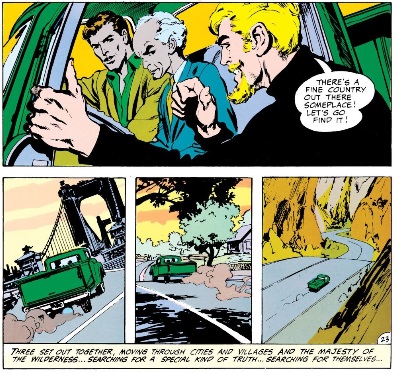

Podcast: Play in new window | Download

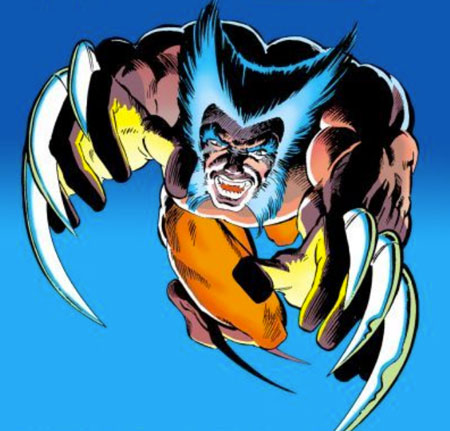

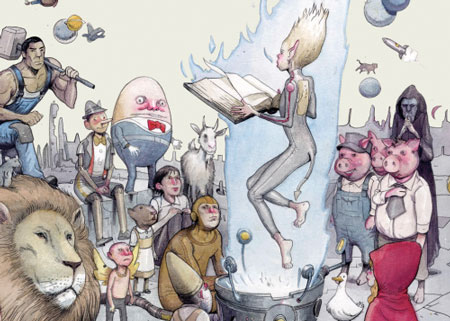
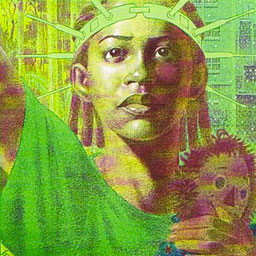
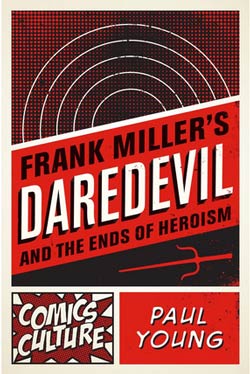 First up, Paul,
First up, Paul, 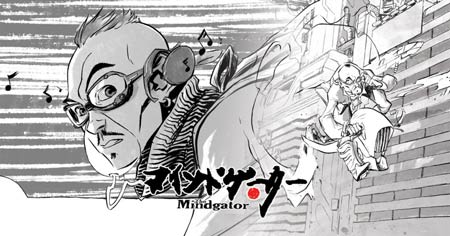
 Five hundred episodes?! Where’d the time go? As has been typical of recent “landmark” episodes, a topic discussion is in order, this time among Tim, Paul, and famed artist, writer, and comics educator Stephen Bissette.
Five hundred episodes?! Where’d the time go? As has been typical of recent “landmark” episodes, a topic discussion is in order, this time among Tim, Paul, and famed artist, writer, and comics educator Stephen Bissette.
 Tim Across America pt 2! In Nashville, Tim visits with his brother Paul about his progress on his book about Frank Miller’s Daredevil run. What was Daredevil like before Miller got ahold of the book? What was Miller’s inspiration for making it more of a gritty crime book? How did he end up contradicting his own original take on the character?
Tim Across America pt 2! In Nashville, Tim visits with his brother Paul about his progress on his book about Frank Miller’s Daredevil run. What was Daredevil like before Miller got ahold of the book? What was Miller’s inspiration for making it more of a gritty crime book? How did he end up contradicting his own original take on the character? Yet again, Kumar and Dana go all nationalistic to discuss another Canadian icon: the best there is at what he does, th’ ol’ Canucklehead, Wolverine, bub. First on the chopping block is Wolverine (1982) by Chris Claremont and Frank Miller, a comic which tries to not be paint-by-numbers, but ends up being little else. And, Barry Windsor-Smith’s Weapon X, which was apparently spawned from a universe in which neither paint nor numbers exist.
Yet again, Kumar and Dana go all nationalistic to discuss another Canadian icon: the best there is at what he does, th’ ol’ Canucklehead, Wolverine, bub. First on the chopping block is Wolverine (1982) by Chris Claremont and Frank Miller, a comic which tries to not be paint-by-numbers, but ends up being little else. And, Barry Windsor-Smith’s Weapon X, which was apparently spawned from a universe in which neither paint nor numbers exist.